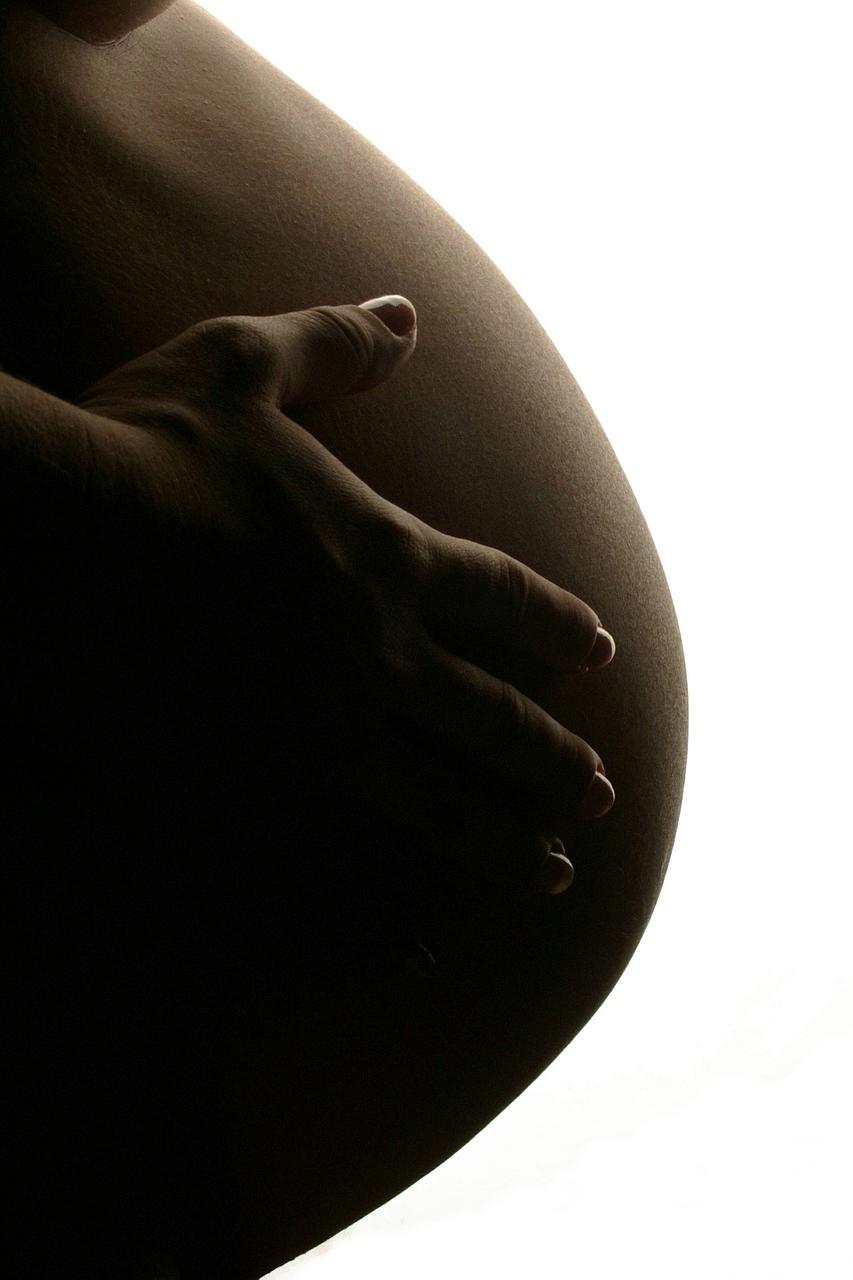When it comes to taking a pregnancy test and interpreting the results, it can be an emotional rollercoaster for many individuals. One common question that arises is whether a pregnancy test can show positive in the morning and negative at night. Let’s delve into the science behind this phenomenon.
Factors Affecting Pregnancy Test Results
One important factor to consider is the concentration of the pregnancy hormone Beta HCG in the urine. In the early morning, when urine is typically more concentrated due to not drinking fluids overnight, the hormone levels can be higher, leading to a positive result. Later in the day, after several fluid intake cycles, urine becomes more diluted, potentially resulting in a negative test.
Understanding Beta HCG Levels
Beta HCG levels vary throughout the day and during the early stages of pregnancy. The hormone is typically produced by the placenta after implantation occurs, and its levels can fluctuate, especially in the early weeks of pregnancy. These fluctuations can impact when a pregnancy test will show positive or negative.
Timing and Sensitivity of Pregnancy Tests
Another crucial aspect to consider is the timing of when you take the test and the sensitivity of the test itself. Some tests are more sensitive and can detect lower levels of Beta HCG earlier in the pregnancy, while others may require higher hormone levels to show a positive result.
Impact of Fluid Intake
Fluid intake plays a significant role in the concentration of urine, which can directly influence the accuracy of a pregnancy test. If you drink a lot of fluids leading up to taking the test, it may result in a more diluted urine sample, potentially affecting the test results.
False Negative Results
It’s essential to note that false negative results on pregnancy tests can occur for various reasons, including testing too early in the pregnancy, using an expired test, or not following the instructions correctly. If you receive a negative result but suspect you may be pregnant, consider retesting at a different time or consulting with a healthcare provider.
Emotional Impact
The emotional impact of receiving conflicting test results can be overwhelming. It’s crucial to take care of your mental well-being during this uncertain time and seek support from loved ones or professionals if needed. Remember that pregnancy tests are not foolproof and factors such as timing and hormone levels can influence the results.
Consulting a Healthcare Provider
If you are experiencing symptoms of pregnancy or have concerns about your test results, it’s advisable to schedule an appointment with a healthcare provider. They can conduct a confirmatory blood test and provide guidance on next steps based on your individual situation.
Timing of Sexual Intercourse
The timing of sexual intercourse relative to ovulation can also impact the accuracy of a pregnancy test. If you test too early after potential conception, it may result in a false negative. Understanding your menstrual cycle and ovulation pattern can help with determining the best time to take a test.
Importance of Follow-Up Testing
If you receive conflicting results on pregnancy tests, it’s essential to follow up with additional testing to confirm your pregnancy status. Consulting with a healthcare provider can provide clarity and ensure you receive the necessary care and support moving forward.
Conclusion
In conclusion, the fluctuation of pregnancy hormone levels, timing of test administration, fluid intake, and test sensitivity all play a role in whether a pregnancy test can show positive in the morning and negative at night. It’s essential to consider these factors and seek guidance from healthcare professionals to navigate the emotional journey of pregnancy testing.

